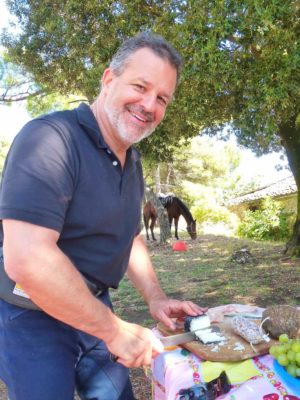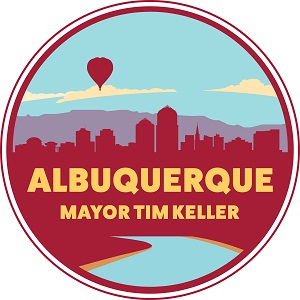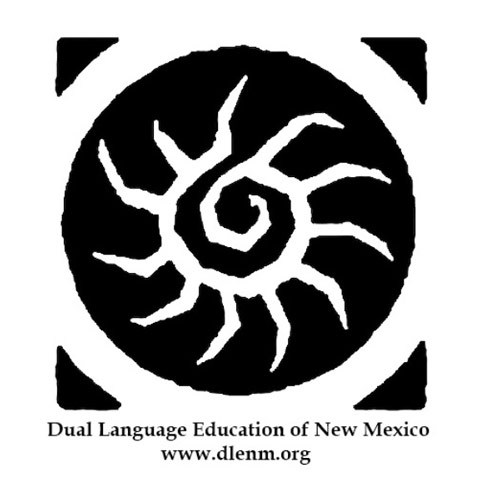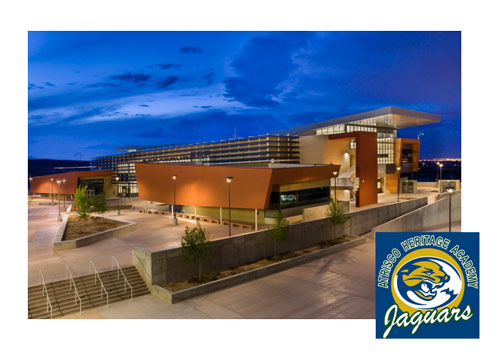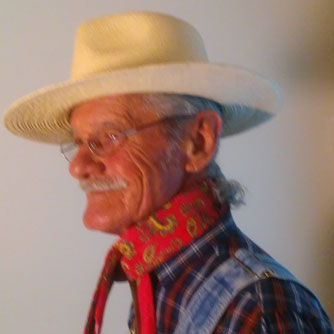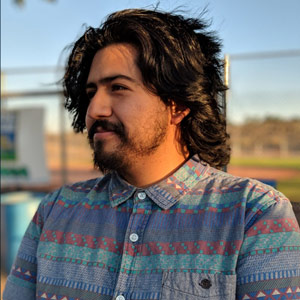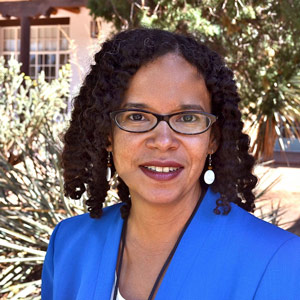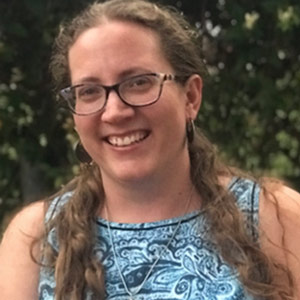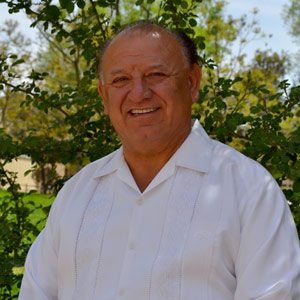Eduardo Esquivel González
Eduardo Esquivel González emigró a Albuquerque, Nuevo México con sus padres a la edad de 7 años desde Chihuahua, Chihuahua, México. El estudio bioquímica en la Universidad de Nuevo México y también estudia teoría crítica de la raza con la esperanza de utilizar ambos campos para fomentar la paz positiva en la comunidad. Eduardo es un Capacitador y Desarrollador de Currículo para el New Mexico Dream Team, Departamento de Equidad Educativa. Cuando no está trabajando, le gusta crear arte, escuchar música y pasar tiempo con su familia y amigos. Actualmente, está trabajando para que el entrenamiento llamado DreamZone sea un estándar en el desarrollo profesional para los docentes y el personal de la escuela a fin de equiparlos con las herramientas para brindar un mejor servicio a todos sus alumnos, sin importar su estatus migratorio.
Eduardo Esquivel González emigrated to Albuquerque, New Mexico with his parents at the age of 7 years from Chihuahua, Chihuahua, Mexico. He studied biochemistry at the University of New Mexico and also studied critical theory of race in the hope of using both fields to foster positive peace in the community. Eduardo is a Curriculum Trainer and Developer for the New Mexico Dream Team, Department of Educational Equity. When he is not working, he likes to create art, listen to music and spend time with his family and friends. Currently, she is working to make training called DreamZone a standard in professional development for teachers and school staff in order to equip them with the tools to provide a better service to all their students, regardless of their immigration status.
Talk Description
No importa si uno es persona de color o identificada como blanca, si es inmigrante o nacio en los Estados Unidos, la raza y el racismo tienen un efecto profundo en los resultados y experiencias de la vida. Una comprensión crítica sobre cómo se crearon estos conceptos y cómo cambian y se han adaptado a lo largo de la historia, crea el marco adecuado desde el cual organizar, educar y movilizar a las personas para y en el movimiento por los derechos de los inmigrantes. Estos conceptos y modos de pensar han sido históricamente inaccesibles, fragmentados y llenos de dinámicas de poder que impiden que se entiendan por completo. Sin embargo, cuando a los jóvenes se les presentan la capacidad, oportunidad y habilidades para facilitar estas conversaciones a sus educadores, ambos pueden abordar sus problemas. posición personal dentro de estos conceptos, y compartir el conocimiento con las personas que generalmente son las que están educando, cambiando así la dinámica de poder mientras se habla la verdad al poder.
It does not matter if you are a person of color or identified as white, if you are an immigrant or were born in the United States, race and racism have a profound effect on the results and experiences of life. A critical understanding of how these concepts were created and how they change and have been adapted throughout history, creates the right framework from which to organize, educate and mobilize people for and in the movement for immigrant rights. These concepts and ways of thinking have been historically inaccessible, fragmented and full of power dynamics that prevent them from being fully understood. However, when young people are presented with the capacity, opportunity and skills to facilitate these conversations with their educators, both can address their problems. personal position within these concepts, and share knowledge with the people who are generally the ones who are educating, thus changing the power dynamics while speaking the truth to power.


